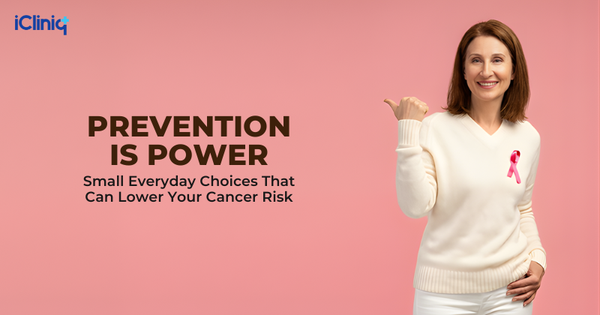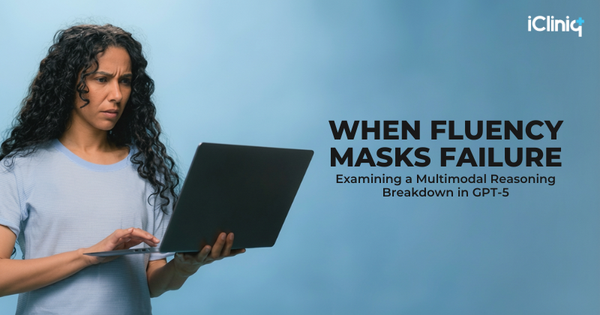Caught Off Guard by a UTI Again? E. coli Might Be the Reason

The culprit behind most of these recurring infections is a familiar one: Escherichia coli, or E. coli, a bacterium that naturally lives in your gut. Under normal circumstances, it’s harmless, even helpful. But when it finds its way into the urinary tract, it becomes a persistent troublemaker.
Why E. coli Is the Main Culprit
E. coli naturally lives in the intestines, where it helps digest food. The trouble begins when it wanders out of its home and into the urinary tract. Because the female urethra is short and positioned close to the anus, the bacteria only need to travel a short distance to reach the bladder.
Once it reaches the urinary tract, E. coli attaches firmly to the bladder walls using tiny, hair-like projections known as pili. These act like Velcro, helping the bacteria hold on tightly even as urine tries to flush them out. This strong grip allows them to multiply, irritate the bladder lining, and eventually cause a full-blown infection.
Why Women Get UTIs More Often
Events like pregnancy, menopause, and even sexual activity can alter the natural balance of bacteria, giving E. coli an easy way in.
Common Signs You Shouldn’t Ignore
- A burning or stinging feeling while passing urine.
- Needing to urinate frequently, even when little comes out.
- Cloudy or unusually strong-smelling urine.
- Pain or heaviness in the lower abdomen.
If the infection climbs up to the kidneys, it may bring along fever, chills, or pain in the back, signals that it’s time to see a doctor right away.
Practical Ways to Prevent UTIs
Simple daily choices can go a long way in preventing infection:
- Stay hydrated.
- Always wipe front to back.
- Don’t hold your urine for long.
- Urinate after sex.
- Choose cotton underwear.
- Avoid harsh soaps and sprays.
- Add probiotics to your diet.
When to Get Checked
If your symptoms last longer than two days, or you develop a fever, pain in your back or side, or notice blood in your urine, don’t ignore it. A simple urine test can confirm whether you have an infection, and getting treated early can stop it from spreading or causing more serious problems.
E. coli isn’t an enemy; it’s simply a part of our internal ecosystem that occasionally crosses the wrong boundary. With good hydration, hygiene, and body awareness, you can prevent most urinary infections from taking hold.




